

This comprehensive guide explores the world of rawl bolts, covering their types, applications, installation, and selection criteria. We'll delve into the specifics to help you choose the perfect rawl bolt for your project, ensuring a secure and reliable fix. Learn about different materials, sizes, and load capacities to make informed decisions.
Expansion rawl bolts are a common type, utilizing an expanding element within the bolt to create a secure grip in the material. They are suitable for various substrates, including concrete, brick, and stone. The expansion mechanism can be either a sleeve that expands when the bolt is tightened or a wedge that forces the bolt outwards. Different materials, like steel or zinc-plated steel, offer varying levels of corrosion resistance. When selecting expansion rawl bolts, consider the material's tensile strength and the required load capacity. Always refer to the manufacturer's specifications for proper installation and load ratings. Hebei Muyi Import & Export Trading Co., Ltd offers a wide variety of high-quality expansion rawl bolts.
Hammer-in rawl bolts, also known as drive-in anchors, are quick and easy to install. They typically consist of a threaded bolt and a special nail-like head that's driven into a pre-drilled hole. The expanding element within the anchor grips the material as it's hammered in. These are often used for less demanding applications where speed and simplicity are priorities. However, it's crucial to select the right size and type for the material to ensure sufficient holding power. Improper installation can lead to premature failure.
Sleeve anchors are another type of rawl bolt that comprises a sleeve and a threaded bolt. The sleeve is inserted into a pre-drilled hole, and the bolt is then tightened. This draws the sleeve tightly against the inner walls of the hole, providing a strong and secure hold. Sleeve anchors are a versatile choice for various applications and materials. They are particularly useful when working with hollow materials. Choosing the correct sleeve size based on the material thickness is vital for optimal performance.
Choosing the appropriate rawl bolt is critical for the success of your project. Several factors need consideration:
Correct installation is crucial for the longevity and reliability of rawl bolts. Always follow the manufacturer's instructions, including:
| Material | Strength | Corrosion Resistance | Cost |
|---|---|---|---|
| Steel | High | Moderate (unless galvanized or stainless) | Low |
| Stainless Steel | High | Excellent | High |
| Zinc-plated Steel | High | Good | Moderate |
Remember, always consult the manufacturer's specifications for detailed information on proper selection, installation, and load capacities for specific rawl bolt types. Using the wrong rawl bolt can lead to structural failure and safety hazards. For a wide range of high-quality rawl bolts and other fastening solutions, explore the offerings from Hebei Muyi Import & Export Trading Co., Ltd.

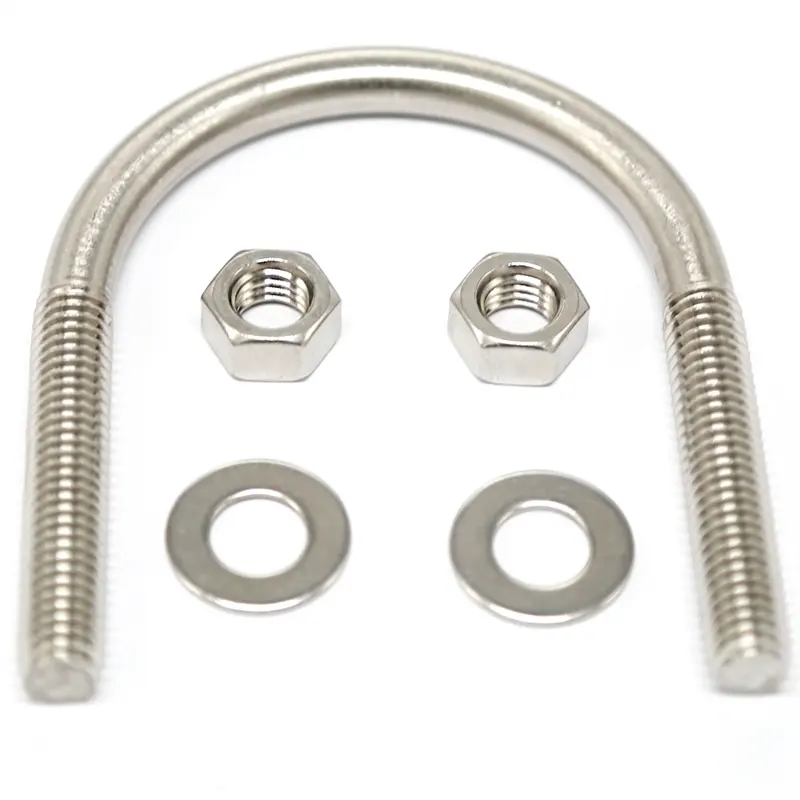

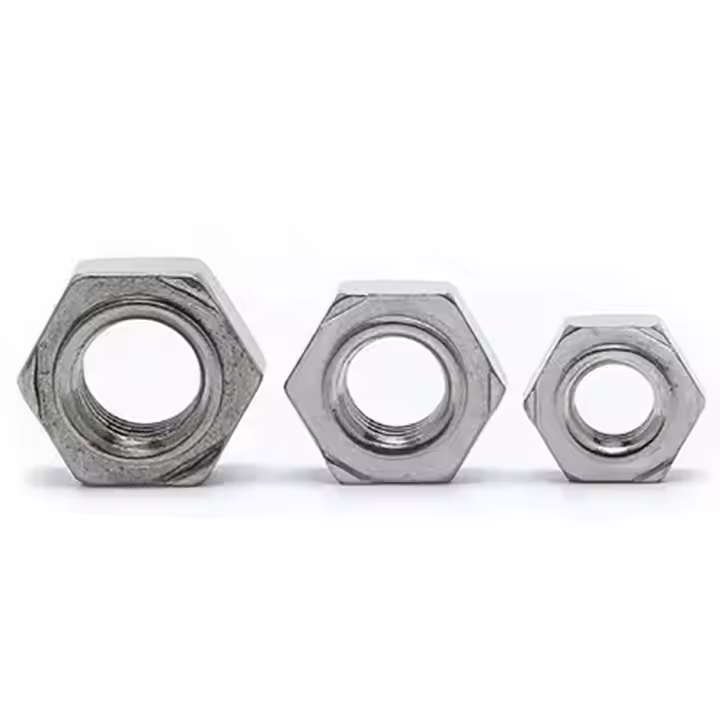
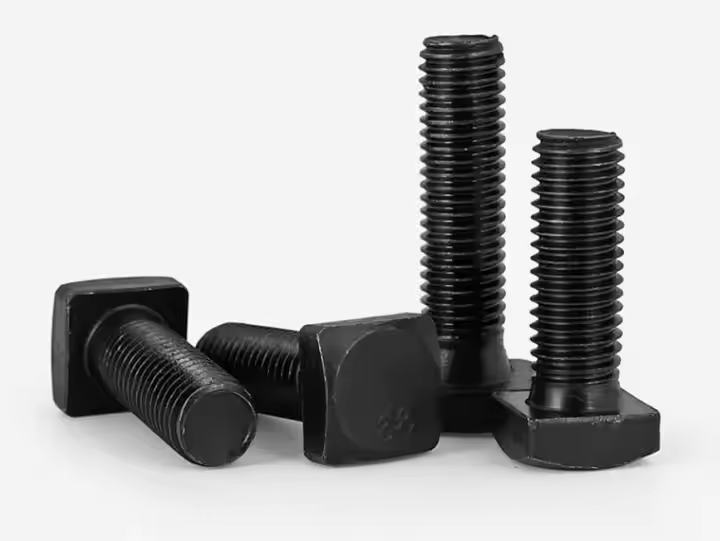
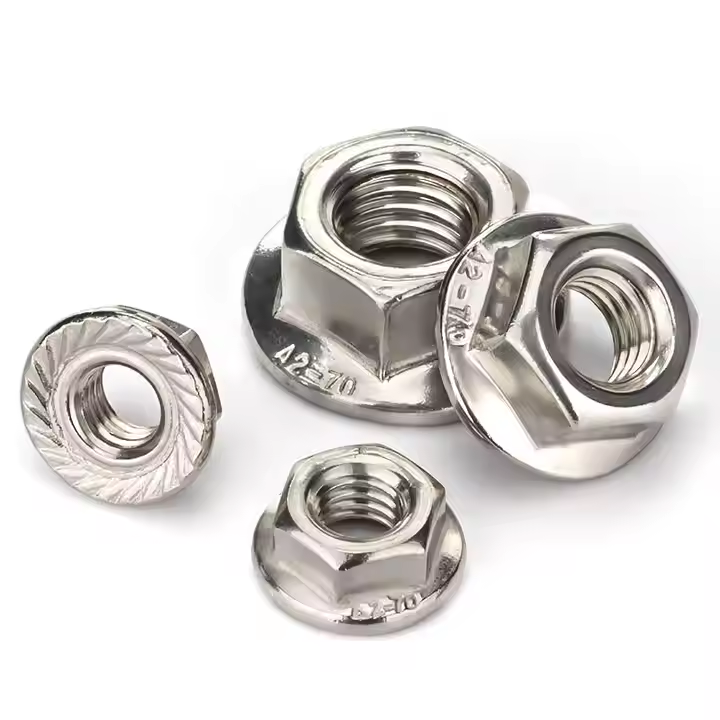


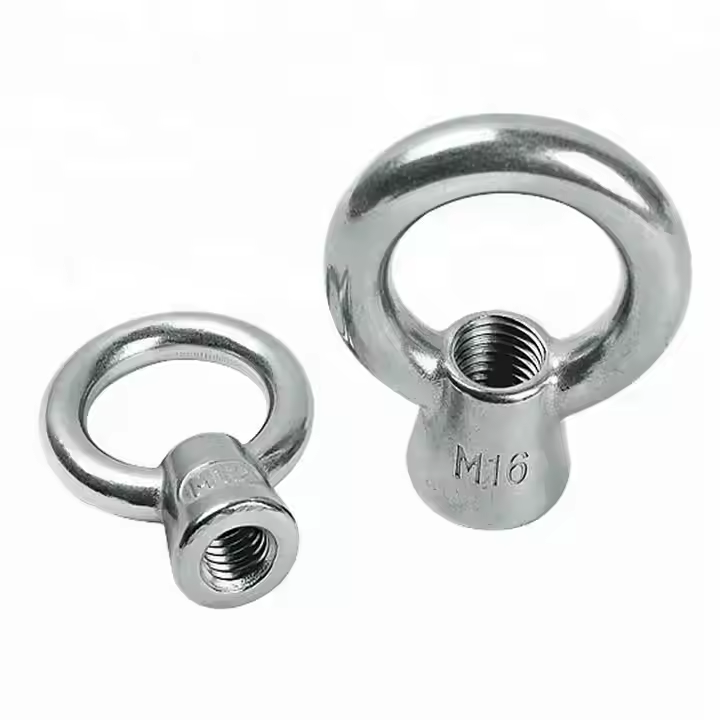


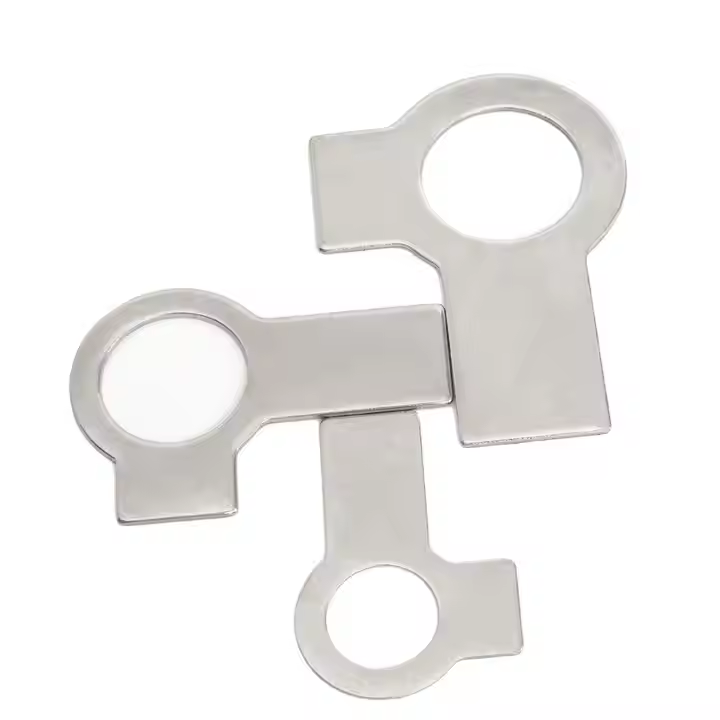
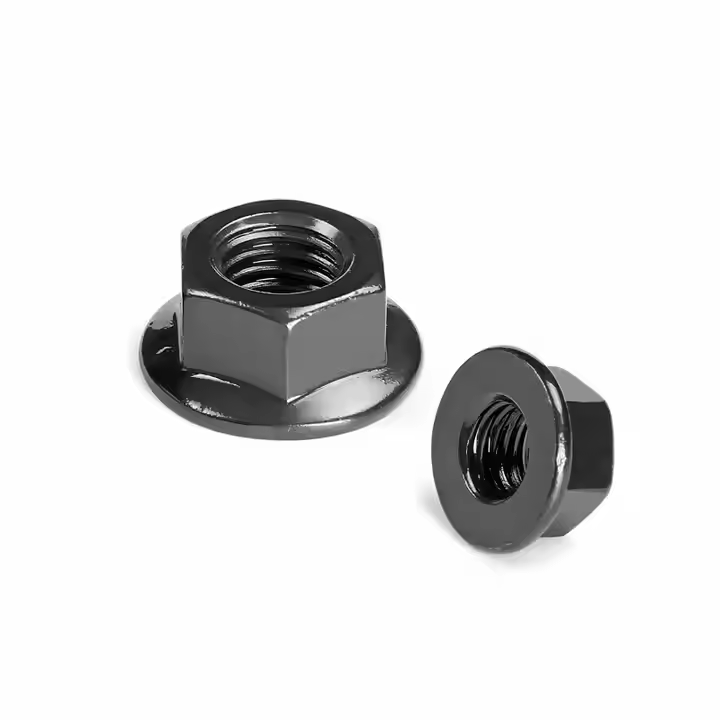
Please enter your email address and we will reply to your email.